Tanglin Trust School's Trip to Granada
School / Group
Tanglin Trust School, Singapore
Teacher / Group Leader
Neil Bradley
Destinations(s)
Subjects(s)
What was your main objective for the trip?
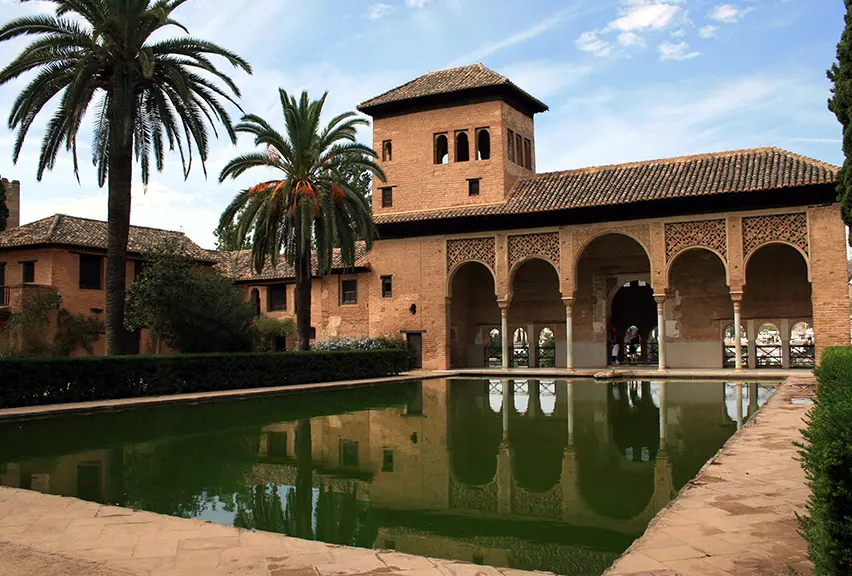
There's something undeniably powerful about watching students walk through a city they've only studied from afar - seeing them stumble into conversation with locals, dance flamenco for the first time, or stare wide-eyed at the tiles of the Alhambra.
In June 2025, we set off on a truly special language and cultural immersion trip from Tanglin Trust School in Singapore to Granada, Spain with 16 of our Year 12 A Level IBDP Ab Initio and Language B students, organised with Halsbury. The experience really was transformative for all involved.
Why did you choose to work with Halsbury on this trip?
With learners based in Southeast Asia, the logistics for a European language trip are no small feat. But the educational and cultural value we envisioned far outweighed the distance. Our goal was clear: to deepen linguistic confidence, ignite cultural curiosity and create memories that would last well beyond exam season next year.
Halsbury proved to be an ideal partner. Their flexibility allowed us to build a programme tailored precisely to our students' academic needs, weaving in themes from both the IB and A Level curriculum - like travel, immigration and traditions. From safeguarding and host family arrangements to carefully chosen excursions, their local knowledge made planning seamless.
Where did you stay on your Spanish school trip to Granada?
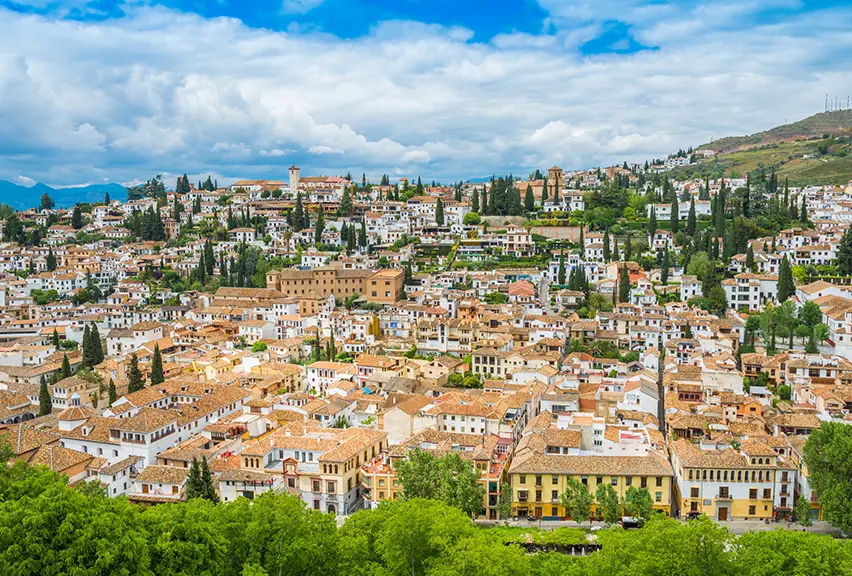
From the moment we arrived, students were welcomed into host families around central Granada. Staying in homes rather than hotels wasn't just a logistical decision - it was an intentional choice to give learners a chance to experience Spanish culture first-hand. Meals turned into mini conversation classes and daily routines offered glimpses into local life.
Students flourished in these settings. They returned each day brimming with new vocabulary and anecdotes, finding joy in the ordinary, whether it be the smiles caused by a slight linguistic faux pas or chats about school and family life.
Many students said it was the most valuable part of the trip for developing spontaneous language use.
What visits and activities did you enjoy on your trip?
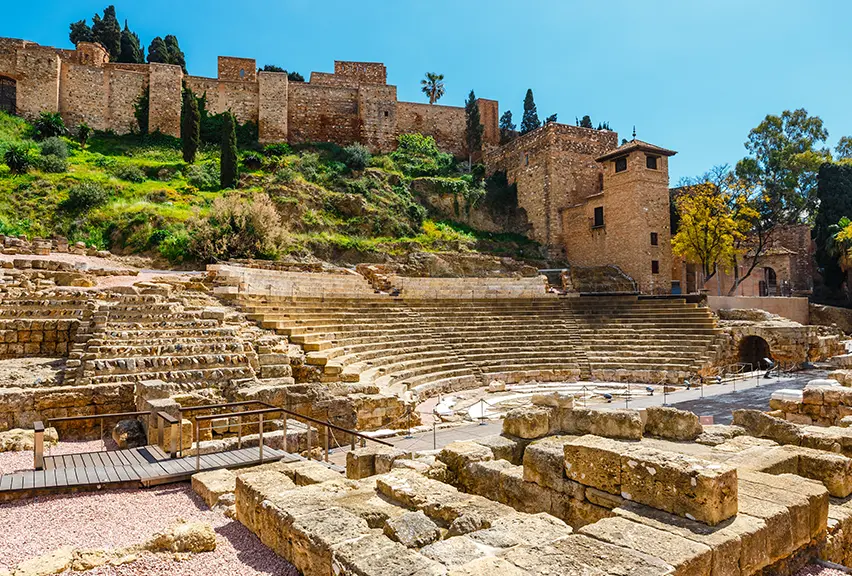
Our itinerary was packed, but purposefully so. Over the course of the week, we explored Malaga's Alcazaba and Picasso Museum, Seville's Giralda and Jewish quarter and Cordoba's majestic mosque-cathedral.
In Granada, we traced the Islamic past of the Albaicin, sipped mint tea in a tranquil teteria and looked out in wonder over the Mirador de San Nicolas at the jaw-dropping views of the Alhambra in the evening light. Each location brought the curriculum to life - linking historic cities and architectural marvels to discussions of identity, co-existence and creativity.
And then there were the surprises - feeling such a connection to flamenco after a stunning show in a hillside cave, a group singalong on the bus ride home and the joy of tasting piononos in a shaded plaza. These moments often became the most cherished.
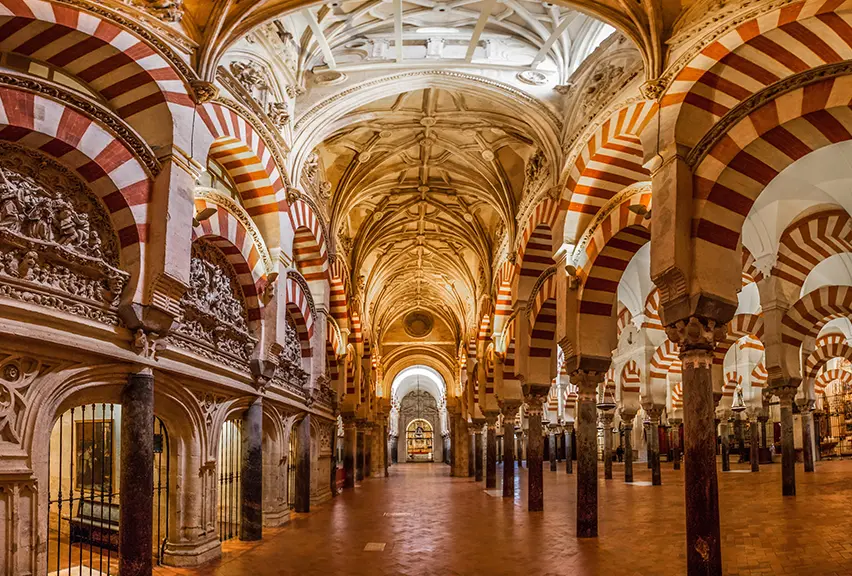
Did your trip contain any elements to satisfy the IB's CAS requirements?
Yes, in fact, one especially impactful afternoon involved volunteering with a local soup kitchen. As part of their International Baccalaureat Creativity, Activity, Service (CAS) undertakings and our Sixth Form programme generally, students helped serve meals and connect with underprivileged members of the community - all in Spanish.
It was language learning at its most human - rooted in empathy, collaboration and reflection. Watching our learners handle the experience with grace and compassion was unforgettable. This was an experience that we organised ourselves, so it did mean sacrificing one activity from our original itinerary - but it was worth it.
What were the Spanish language lessons like?
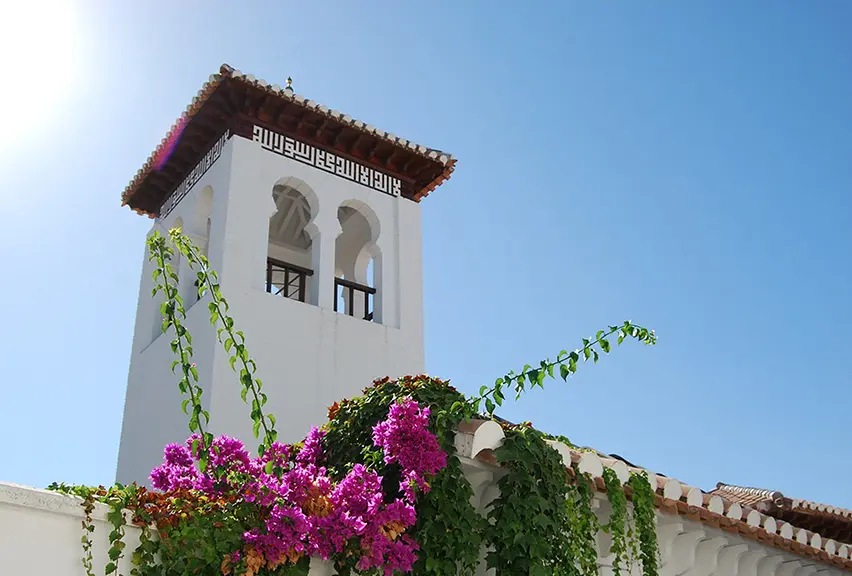
Each weekday included morning Spanish lessons at a local language school, with two tailored teaching groups for our ability levels focused on relevant curriculum topics. Over the course of the week, students explored themes like technological advancement and environmental challenges while building vocabulary and refining their grammar in real time.
Whether sharing stories with host families or asking questions on guided tours, students put their learning into practice in a dynamic, real-world setting. The trip gave emotional and intellectual depth to their studies, and inspired curiosity far beyond the classroom walls.
What impact did the trip have on the students?
Since returning, students have been sharing photos, swapping stories and breaking into Spanish mid-conversation. They're using vocabulary they picked up on the trip with ease, and their confidence has soared. Many hope to return to Andalusia or visit other parts of Spain in the future.
The trip awakened a genuine love of Spain among the group - not just an increased knowledge of the language but an appreciation of a living, breathing culture. And for us as teachers, that's the real magic - watching them become not only more confident linguists but broader-minded young adults.